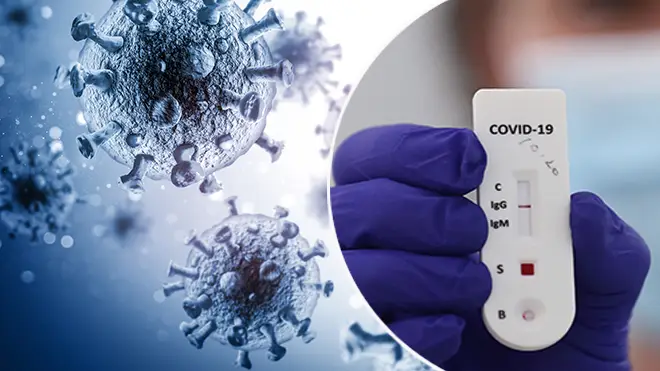
Clive Bull 1am - 4am
21 December 2020, 11:55 | Updated: 21 December 2020, 12:15

Have other countries got the new coronavirus variant? And how has it happened? Here’s the latest information on the new mutation of the virus.
A new strain of coronavirus has been identified in the UK, particularly in London and the South East, causing the government to introduce Tier 4, stay at home restrictions for many parts of the country.
With this new Covid-19 strain spreading faster than the original, it’s caused much disruption across the country including the closing of borders to European countries - so where has the new variant come from? And do any other countries have the new strain too?
With information and data on the virus mutation still being discovered, many are keen to know how exactly this new variant happened and where it came from.
UK coronavirus restrictions: What we know so far
Here’s the latest questions on the variant answered:


The spread of Covid is now being "driven by the new variant"
It’s not unusual for a virus to mutate but it can be difficult to identify exactly where it’s come from.
According to experts so far, the most common explanation is that it came from a Covid patient with a weak immune system that was unable to beat the original virus.
This means their body was able to allow the virus to breed and therefore, mutate.

According to experts, the new mutated variant has been found in the majority of the UK - predominantly in London and the South East.
Only small numbers have been found in Scotland and Wales and Northern Ireland is still free of the mutated virus.
And despite places in Europe closing their borders to the UK to stop the spread of the virus, a form of the new coronavirus has been detected in other parts of the world too.
Similar strains have been found in Denmark and Australia as well as South Africa and the Netherlands.